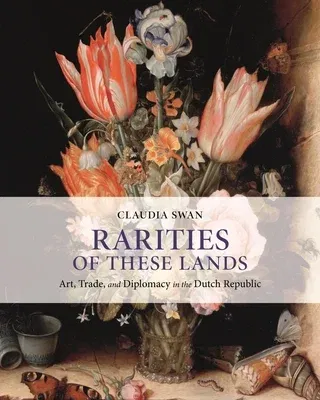Claudia Swan
(Author)Rarities of These Lands: Art, Trade, and Diplomacy in the Dutch RepublicHardcover, 9 March 2021

Qty
1
Turbo
Ships in 2 - 3 days
Only 2 left
Free Delivery
Cash on Delivery
15 Days
Free Returns
Secure Checkout

Print Length
336 pages
Language
English
Publisher
Princeton University Press
Date Published
9 Mar 2021
ISBN-10
0691207968
ISBN-13
9780691207964
Description
Product Details
Author:
Book Format:
Hardcover
Country of Origin:
IT
Date Published:
9 March 2021
Dimensions:
25.91 x
21.34 x
2.54 cm
ISBN-10:
0691207968
ISBN-13:
9780691207964
Language:
English
Location:
Princeton
Pages:
336
Publisher:
Weight:
1428.81 gm